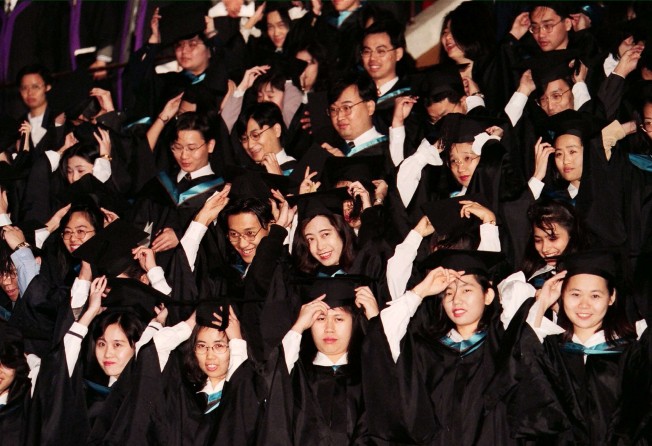How educated women increase income inequality
As more women become well-educated, more of them will be married to well-educated men, and household inequality rises further

The economic rise of women has been spectacular. More women now attend universities than men, and with higher graduation rates. Their wage rates are higher than men’s at the same age and education level before marriage. These huge strides are the result of multiple forces.
Throughout most of human history, women have been disadvantaged in the labour market and in education because of the enormous amount of time they have to spend giving birth to and raising children. This time commitment increases when infant mortality rates are high and life expectancy is low.
But women have become increasingly liberated from such a role as a result of a combination of falling infant mortality rates, rising life expectancies, growing education and labour market opportunities arising from the acceptance of liberal republican values, and rising economic growth. This has led to them having fewer children and investing in raising higher-quality children.
The trade-off of quality over quantity has contributed to late marriages and even lower fertility rates. It has also led to greater investments in the next generation. A higher-quality next generation is the prime driver of economic growth. So the liberation of women from household work has contributed to economic growth both by enlarging the labour force and by improving its quality over time.
However, it also has a downside because it has contributed to greater household income inequality, even though individual income inequality within the adult population has become more equal.
This brings fresh concerns about widening intergenerational economic inequality, which could be seriously compromised if well-off families make substantially more investments in their children than less well-off families – sufficient, for example, to offset the equalising effects of publicly funded schooling and health care.
Why would women’s economic rise contribute to lower inequality and lower mobility? Two factors stand out – assortative mating and family breakdown.
In the past, well-educated men married less well-educated women simply because most women did not have the same opportunity to become well educated. Today, well-educated men marry well-educated women.
This sorting by attributes produces two results. First, there will be greater economic inequality across households at any moment in time. And over time, as more women become well-educated, more of them will be married to well-educated men and household inequality will rise further. This is a gradual process that will evolve slowly.
The higher propensity for household inequality will also be passed on to the next generation because it is well-known across many countries that the earnings of men and women are very highly correlated with their mothers’ education, but not with either their fathers’ education or household wealth.
Family breakdown also contributes to greater household economic inequality. The incidence of divorce is much higher among low-income families than high-income families. As more low-income families break up into two even-lower income families, the measured income inequality increases.
In Hong Kong, the percentage of divorced households among households in the lowest income quartile increased from 2.8 per cent in 1981 to 25.6 per cent in 2011, while those in the highest income quartile increased from 1 per cent in 1981 to 4.4 per cent in 2011. The percentage of single-parent households with dependent children increased from 8.8 per cent in 1981 to 29 per cent in 2011 in the lowest income quartile, but dropped from 4.2 per cent in 1981 to 3.4 per cent in 2011 in the highest income quartile.
If the gaps in family investments in children across households are sufficiently large, then the liberal republican promise of equality of opportunity will begin to ring hollow with the reappearance of successful hereditary families in a globalised world.
All in all, the improvements in education for women have contributed to increasing household income inequality in the population. Well-educated women are keeping their marriages together more effectively and their children are even better prepared for life’s challenges. Less well-educated women are facing more marital breakdowns and their children are less prepared as a result.
Of course the spread of women’s education is not the only factor that contributes to household income inequality. But it is an important one that has unfortunately been underappreciated and ignored, with important consequences for the intergenerational transmission of inequality.
These consequences will be extremely difficult to correct. Corrective measures will entail legal reforms to divorce arrangements, better approaches to pre-marital and marriage counseling, early childhood intervention in low-income families, and improving neighbourhoods in low-income communities. These interventions will intrude into the private domain of family lives, and challenge traditional liberal republican values concerning the division of the public and private spheres of life.
Richard Wong Yue-chim is Philip Wong Kennedy Wong Professor in Political Economy at the University of Hong Kong